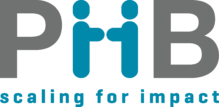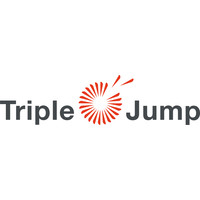
Tablets for SEF
SEF, the Small Enterprise Foundation in South Africa is a non-profit MFI founded in 1991. It provides group loans using an adapted Grameen methodology. SEF has a holistic approach to poverty reduction and uses the Participatory Wealth Ranking (PWR) system to reach the poor. Without serious competition in the MF sector, SEF has a strong market position, shown by its deep social outreach, 160k customers (average 8% growth per year) and portfolio of EUR 27.8M GLP (PAR 0.4%)2. Since 2015 SEF is fully operationally and financially sustainable. SEF now requests TJAS support for the implementation of Digital Field Applications (DFA) for its field staff.
Context:
SEF, the Small Enterprise Foundation in South Africa is a non-profit MFI founded in 1991. It provides group loans using an adapted Grameen methodology. SEF has a holistic approach to poverty reduction and uses the Participatory Wealth Ranking (PWR) system to reach the poor. Without serious competition in the MF sector, SEF has a strong market position, shown by its deep social outreach, 160k customers (average 8% growth per year) and portfolio of EUR 27.8M GLP (PAR 0.4%)2. Since 2015 SEF is fully operationally and financially sustainable. SEF now requests TJAS support for the implementation of Digital Field Applications (DFA) for its field staff.
Due to its focus on rural and poor segments, SEF works widely spread over the region in 5 SA provinces, with 79 branches. Efficient operations and improved communication within the organization are increasingly challenging. SEF’s Board has embarked on a strategy to leverage technology to support SEF operations optimally: tablets for the 500+ loan officers will be introduced.
Objectives:
To support SEF’s digitization objective by providing support for the pilot and the planning and preparation for the full rollout of DFA to the SEF field staff and to validate the chosen (IT) approach. Specific Objectives:
- Digitise the loan application process.
- To validate the chosen DFA business model and selected services, also linked to the overall SEF strategy and to validate SEF’s IT/MIS readiness for the DFA channel and other digitization ambitions.
- To support the DFA pilot in the areas of IT support, change management & business process redesign, training.
- To develop the Implementation Plan for the full-roll out of DFA.
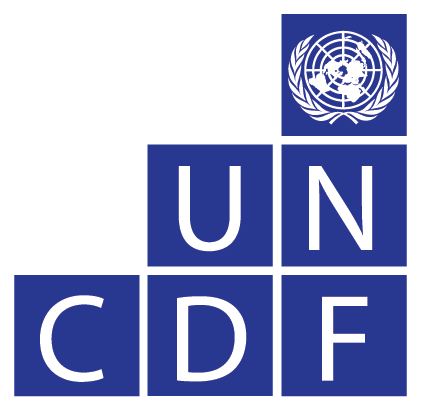
Bangladesh Bank Regulator Training
UNCDF’s SHIFT (SAARC) Program identified a specific need for the Bangladesh Bank (Central Bank) to develop and integrate a training program for mid-level staff who need to have a baseline understanding of the principles of Digital Finance. Despite having a well developed DFS market, and regulatory framework – it was identified that Bangladesh Bank and their Training Academy (BBTA) lacked fundamental baseline knowledge to assure that staff understood DFS - and their own regulations.
Context: UNCDF’s SHIFT (SAARC) Program identified a specific need for the Bangladesh Bank (Central Bank) to develop and integrate a training program for mid-level staff who need to have a baseline understanding of the principles of Digital Finance. Despite having a well developed DFS market, and regulatory framework – it was identified that Bangladesh Bank and their Training Academy (BBTA) lacked fundamental baseline knowledge to assure that staff understood DFS - and their own regulations.
Objectives: The main objective of the assignment is to develop a capacity development training module for entry to mid-level executives of regulators around DFS policies, regulation, supervision and promotions which the central bank will be able to integrate into their training calendar. The training used specific techniques and principles of adult learning to convey subject matter content in the areas of Financial Inclusion and DFS with a specific focus on aligning the Bangladesh Bank’s regulation and local context with global best practices. A focus on group work looked at these contextual elements particularly in the area of e-money, agents and customer protection. An additional exploration into the emerging technology and trends regarding supervisory technology insure tech, cryptocurrency and the applications of blockchain technology for development and financial services were included in additional sessions.
Deliverables:
- Identify and assess the training needs Bangladesh Bank through a formalized training needs assessment and stakeholder in interviews.
- Based on the assessment, design a DFS capacity development module which can be tailored to one (1) day and three (3) day training course
- Deliver the ToT during a 5- day seminar focusing on DFS principles and including training techniques.
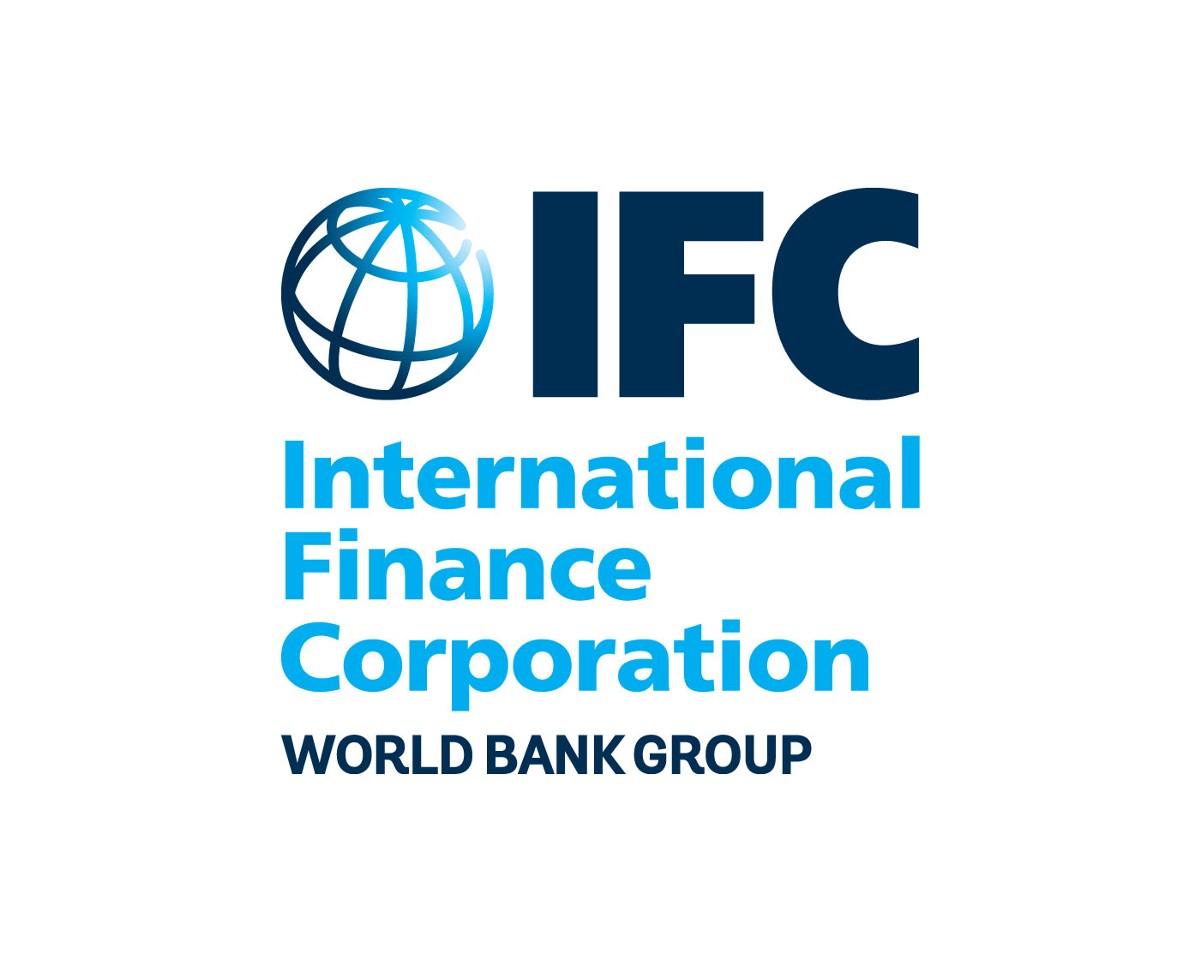
Program Evaluation Wizzit expansion in Southern Africa and Capacity Building
WIZZIT was supported through a three year IFC advisory services project: providing operational and managerial capacity building, designing a local and regional expansion strategy, and developing a micro-lending product delivered through WIZZIT’s mobile platform.
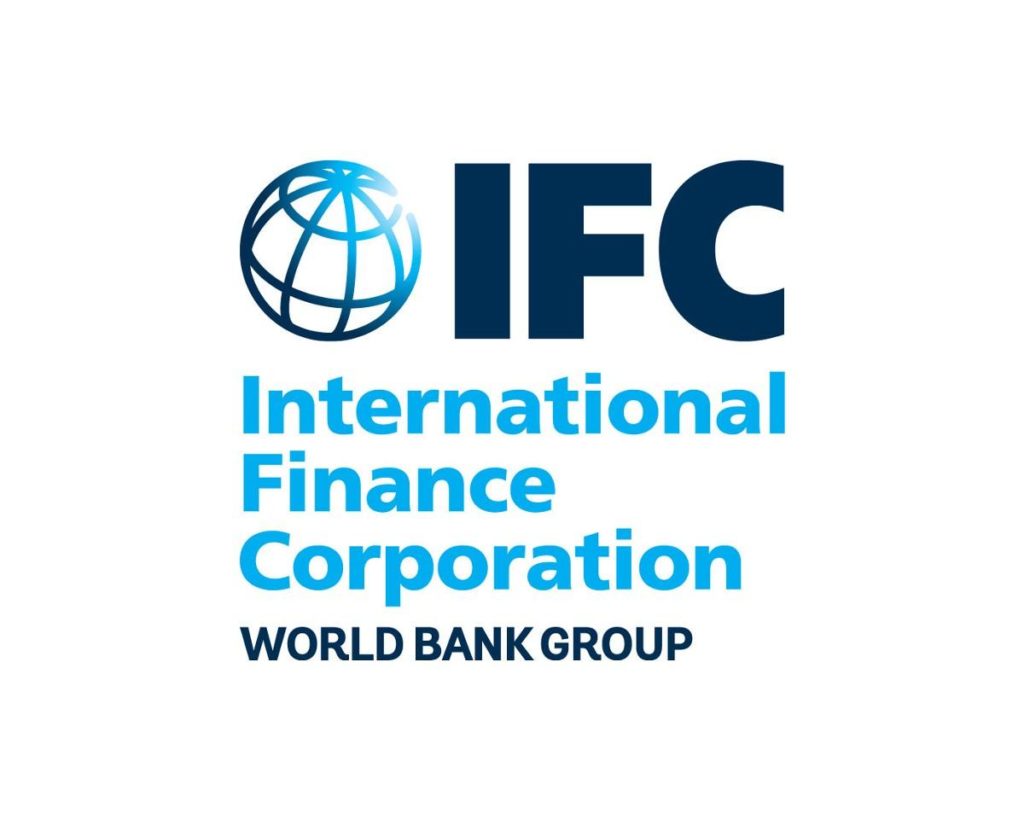
Context: WIZZIT was supported through a three year IFC advisory services project: providing operational and managerial capacity building, designing a local and regional expansion strategy, and developing a micro-lending product delivered through WIZZIT’s mobile platform.
Objective: Assess the design and delivery of the WIZZIT model and results towards intended outputs and outcomes.
Deliverables: Evaluation outlining the key lessons and improved understanding of the impact on mobile banking uptake in South Africa and how its design can be enhanced to maximize impact; Recommendations for replication elsewhere in Sub-Saharan Africa.

Program Evaluation Wizzit expansion in Southern Africa and capacity building
The WIZZIT program aims to provide access to low-cost financial services through the use of mobile technology.

Context: The WIZZIT program aims to provide access to low-cost financial services through the use of mobile technology. WIZZIT is currently being supported through a three year IFC advisory services project which focuses on providing operational and managerial capacity building, designing a local and regional expansion strategy, and developing a micro-lending product that will be delivered through WIZZIT.s mobile platform by June 2013.
Objective: The IFC support intends to enable WIZZIT to: Increase its mobile banking product uptake from 270,000 to 600,000 mobile accounts in South Africa; Develop and pilot a micro-credit product to extend access to credit to 500 SMEs; and Expand WIZZIT services to four new markets in Africa, each with 150,000 mobile bank accounts.
Deliverables: The mid-term evaluation of the WIZZIT expansion and capacity building program will provide PEP Africa management and SECO with an assessment of the design and delivery of the WIZZIT model and early results towards intended outputs and outcomes. The evaluation will also outline the key lessons learned from the WIZZIT program to date in order to improve understanding of the impact of this program on mobile banking uptake in South Africa and how its design can be enhanced to maximize impact and for replication elsewhere in Sub-Saharan Africa. The team will evaluate the program in terms of its relevance and rationale, efficiency, effectiveness, impact, and sustainability. From this assessment, we will also identify key lessons learned. We note that these evaluation criteria are in line with OECD/DAC criteria for evaluating development assistance.
